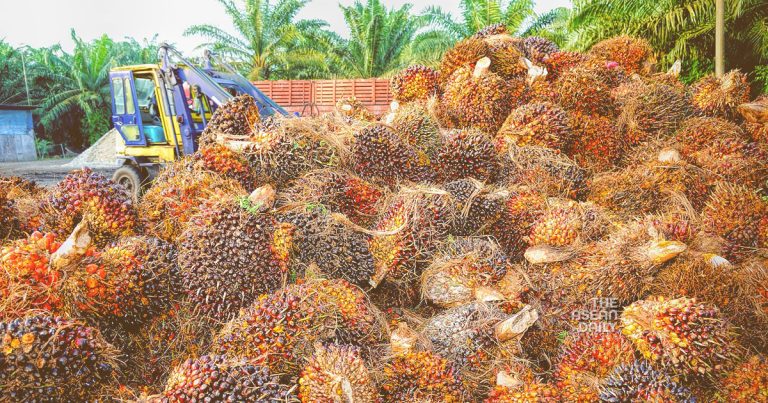5-10-2024 (JAKARTA) The European Union’s decision to postpone the implementation of its anti-deforestation regulation by a year has elicited mixed reactions from key stakeholders in Southeast Asia’s palm oil industry. While major producers Indonesia and Malaysia have welcomed the move, environmental activists view it as a significant setback in the fight against climate change.
The EU Deforestation Regulation (EUDR), adopted in 2023, was hailed as a crucial step towards addressing climate change by mandating that exporters of agricultural commodities, including palm oil and its derivatives, provide evidence that their products are not sourced from deforested land. Originally slated to take effect from 30 December 2024, the regulation’s proposed one-year extension aims to afford producers and industry players additional time to align with the bloc’s intricate requirements.
Indonesia and Malaysia, which together account for approximately 85% of global palm oil exports, have expressed relief at the delay. The Indonesian Palm Oil Association (Gapki) deemed the extension “reasonable”, with board member Dr Fadhil Hasan stating, “If the regulation were to be implemented in December (2024), there will be disruption in exports to the EU. Not only exporters, but importers are also not ready.”
Echoing this sentiment, Belvinder Kaur Sron, chief of the Malaysian Palm Oil Council (MPOC), hailed the decision as “a victory for common sense” and a “welcome relief” for businesses that had highlighted the need for a postponement.
The palm oil industry, a cornerstone of both nations’ economies, supports the livelihoods of millions of small-scale farmers. Indonesia boasts around 2.7 million such farmers, while Malaysia has approximately 450,000. The global palm oil trade, valued at between US$63 billion and US$70 billion annually, plays a pivotal role in various sectors, from food production to cosmetics.
Government officials from both countries have also welcomed the delay. Dida Gardera, Indonesia’s Deputy Minister for Food and Agribusiness, interpreted the EU’s decision as a demonstration of goodwill and a willingness to listen to producing countries’ concerns. Meanwhile, Malaysia’s Deputy Minister of Plantation and Commodities, Datuk Chan Foong Hin, highlighted ongoing initiatives to bolster smallholders’ capacity to comply with the new regulations.
However, the delay has not assuaged all concerns within the industry. Gulat Manurung, chairman of the Indonesian Oil Palm Farmers Association (Apkasindo), expressed apprehension about the EU’s stringent requirements, particularly regarding traceability. He urged the EU to consider the economic and social sustainability of farmers alongside environmental concerns.
In stark contrast to the industry’s relief, environmental activists have voiced strong opposition to the postponement. Uli Arta Siagian, forest and plantation campaign manager at the Indonesian Forum for the Environment (Walhi), warned that the delay could impede necessary reforms in Indonesia’s palm oil industry. “The one-year delay will make issues like deforestation and land disputes in Indonesia more complicated,” she cautioned, highlighting the potential for continued tensions between rural landowners and expanding plantation companies.
Environmentalists argue that the postponement undermines the EU’s commitment to combating deforestation and biodiversity loss. They fear that the extra year could lead to increased deforestation rates and exacerbate existing environmental challenges in palm oil-producing regions.




